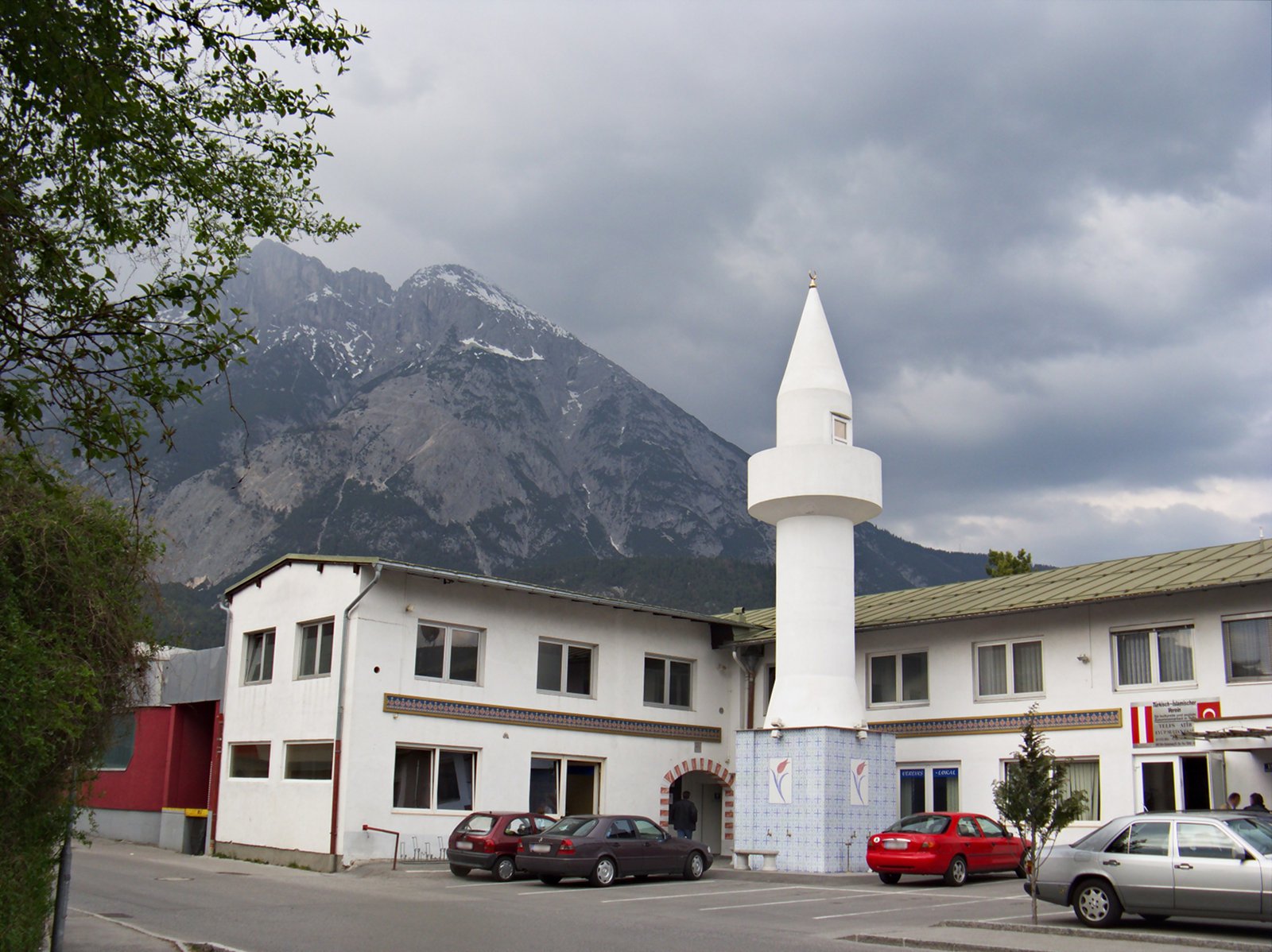Vienna, Austria has been named as a hub for jihadists travelling to Syria, second only to London as “jihadists playground”.
Der Standard reports that Austria is being used as a hub for the recruitment and organisation of European jihadists, who then travel through the Western Balkans to Syria.
Commenting on Austria’s problem, an American national security expert this week wrote, “the British capital has been known as Londonistan for nearly twenty years among counterterrorism professionals, due to its notorious status as a major hub of the global jihad, thanks to lax British laws that have long permitted extremists to find sanctuary there. . While London deserves its reputation as a jihadist’s playground, Vienna is running in second place, and has been for some time, though this is seldom realized outside Central and Eastern Europe.”
Turkey also plays a role in the terrorist networks as it both shares a large border with Syria and is linked to Millî Görüş, a controversial movement to which Austria also has links.
Around 130 fighters traveled from Austria to Syria last year, of which only a quarter are understood to be legal Austrian residents. Around half hail from the Caucasus region, which others are mostly either Bosnian or Turkish.
Der Standard reports that Austria has not so far been effective at de-radicalising fighters returning from Syria. There is no social program for those wishing to leave the radical Islamic movement, and a telephone hotline for those wanting to leave has also been postponed repeatedly.
Equally concerning are reports on the tight restrictions on the intelligence services when investigating possible jihadists. The Austrian intelligence agency, the BVT, is not allowed to search social networks such as Facebook or Twitter to uncover possible activity unless it holds a court order permitting it to do so. Even then, if nothing is found that warrants further investigation the information can only be held for a maximum of six months.
John R Schindler, a professor of national security affairs at the US Naval War College explored the Austrian problem in a recent blog post entitled Vienna Calling: How Austria Became a Hub of Global Jihad. He slams the relaxed attitude of both the British and Austrian authorities in dealing with the problem, but concedes that they are starting to wake up to the problem.
In the comprehensive post, he includes a hard-hitting statement from BVT, which reads “Religiously motivated extremism and terrorism – above all of Islamic character – as well as Salafi-jihadi groups continue to present a great potential threat.
The number of young radicalized followers of violent Salafism continues to rise. In this context, the conflict in Syria is of urgent relevance for Austria, since systematic efforts are being made within [Austria] to radicalize and recruit people for the war in Syria.The conflict in Syria has become very popular among violent extremist Salafis. The spectrum of recruits to the conflict in Syria is broadly ethnically diverse. The motivation, however, seems to be uniformly jihadi.”
Schindler also notes that the laws in Austria are not conducive to tackling the problem, as terrorism is defined very narrowly. He highlights “a typical case: a Turkish citizen who is said to have been the middleman for the arrested Chechens, a jihad facilitator who was helping them get to Turkey, has been reported to the police, but is still free.”
The Austrian officials are long known to have taken a laissez-faire approach to underground networks and spying taking place within their country. Until now, their attitude has been to look the other way as long as it doesn’t affect them. But with jihadist fighters now returning to Austria, officials are starting to grow more concerned about what this could mean for Austrian national security.
Although only five to ten percent of jihadists typically become directly involved with terrorist activities upon their return from the Middle East, many more act as founders of new radical cells and as proselytizers. As Schindler puts it, “The option of looking the other way and avoiding the issue, which has been the customary Austrian approach, is defunct.”

COMMENTS
Please let us know if you're having issues with commenting.